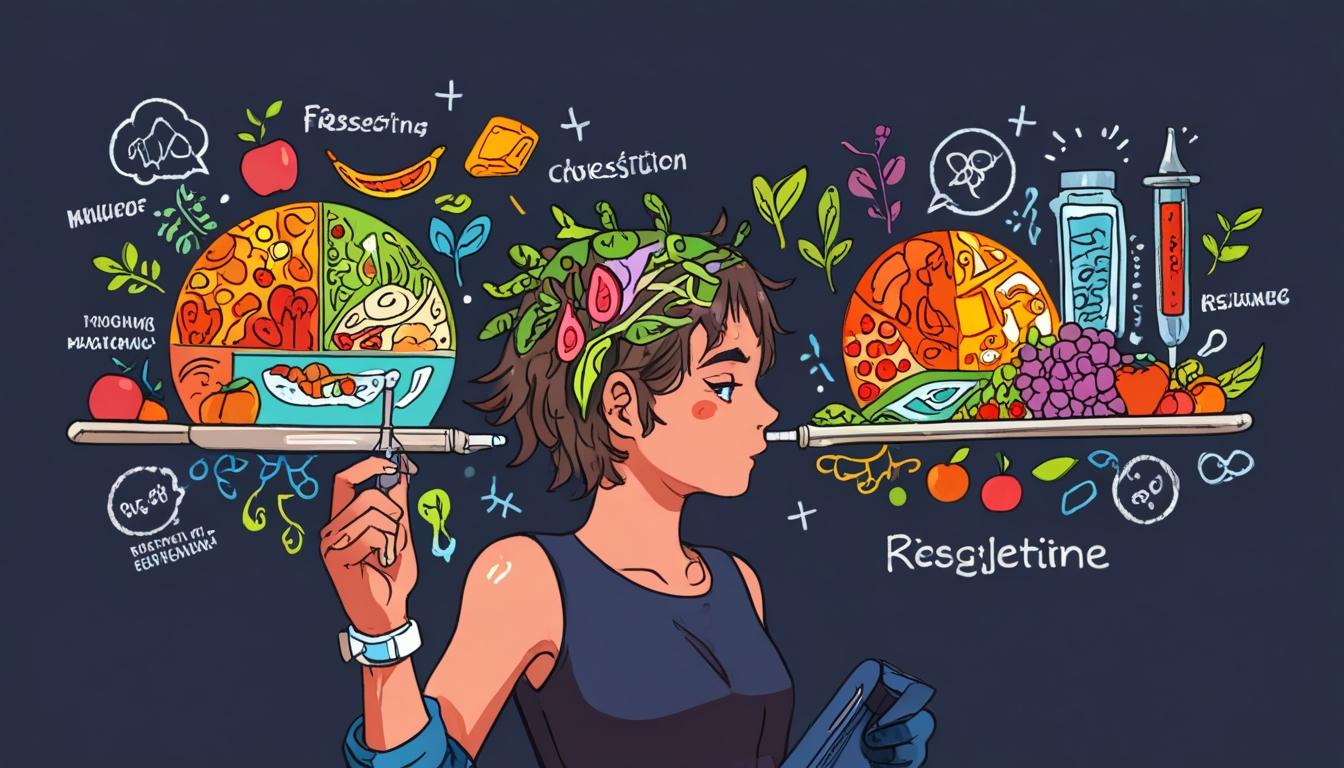As the popularity of weight-loss injections such as Mounjaro, Wegovy, and Semaglutide continues to rise, there is growing interest in the effects of discontinuing these treatments. Many patients may face significant changes upon stopping these medications, particularly as some health guidelines restrict their use to limited periods, often around two years. The implications of this discontinuation can be profound, impacting not just physical weight but also psychological relationships with food and body image.
Recent inquiries by various media outlets have highlighted the need for personal testimonials to better understand these experiences. The Guardian has begun soliciting individuals to share their stories about life after terminating their use of these injections. They aim to explore critical questions such as whether individuals managed to maintain their weight loss and how their relationships with food and their bodies evolved. This inquiry addresses a vital but often overlooked aspect of weight-loss treatments: the transition phase once the medications are stopped.
In research presented at the European Congress on Obesity, findings indicate that a gradual reduction in semaglutide dosage, accompanied by holistic health coaching, markedly improves the chances of maintaining weight after cessation. The study emphasises the importance of integrating lifestyle modifications, which could significantly alleviate the usual rebound weight gain that tends to follow the discontinuation of such drugs. This supports the notion that an abrupt stop may lead to physiological adjustments—notably, an increased appetite and elevated insulin levels—factors identified by Healthline when analysing the effects of medications like Mounjaro and Zepbound.
The landscape of weight management is complex. Healthline reports that patients who stopped taking Mounjaro tended to regain about 14% of their weight after one year. Strategies for mitigating weight regain include mindful eating, regular physical activity, and consistent sleep patterns. Engaging in these lifestyle changes may not only help manage weight but also foster a healthier relationship with food.
Moreover, personal accounts of transitioning off these medications often reveal how essential mental resilience is in maintaining weight loss. The importance of embracing a holistic lifestyle—one that combines physical health, emotional well-being, and informed nutritional choices—cannot be overstated. It reinforces the idea that while pharmaceutical aids can facilitate weight loss, the foundation for lasting change ultimately resides within the individual’s lifestyle choices and mental approach.
As society increasingly turns to pharmacological solutions for weight management, understanding the broader consequences of these treatments will be paramount. Engaging in personal narratives can illuminate the paths forward for many, providing insights into not only the logistics of weight maintenance but also the psychological and emotional frameworks that support robust health outcomes. The ongoing dialogue initiated by platforms such as The Guardian could forge a community of shared experiences, ultimately refining collective strategies for those navigating post-treatment life.
Reference Map
- Paragraphs 1, 2
- Paragraph 2
- Paragraph 3
- Paragraph 4
- Paragraph 4
- Paragraphs 5, 7
- Paragraph 6
Source: Noah Wire Services
